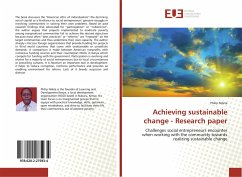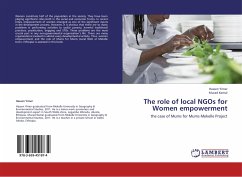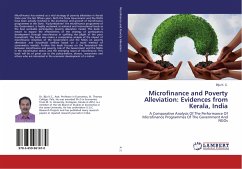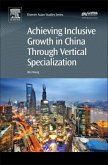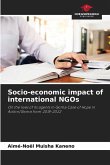The book discusses the "American ethic of individualism"-the declining social capital as a hindrance to social entrepreneurs' genuine struggle in involving communities in solving their own problems. Based on past research findings that advocated for "participation" or "collectivist", the author argues that projects implemented to eradicate poverty among marginalized communities fail to achieve the desired objectives because most often "best practices" or "reforms" are "imposed" on the target communities and thus undermine their own capacity. The author sharply criticizes foreign organizations that provide funding for projects in third world countries that come with unattainable or unrealistic demands. A comparison is made between American nonprofits with numerous funding sources and their counterpart NGOs in Kenya which compete for funding with the government. Participation is evolving and elusive for a majority of social entrepreneurs due to local circumstances or prevailing cultures. It is however an important tool in development- it helps to reduce corruption, reinforce performance and provides an enabling environment for reform. Lack of it breeds suspicion and distrust.

